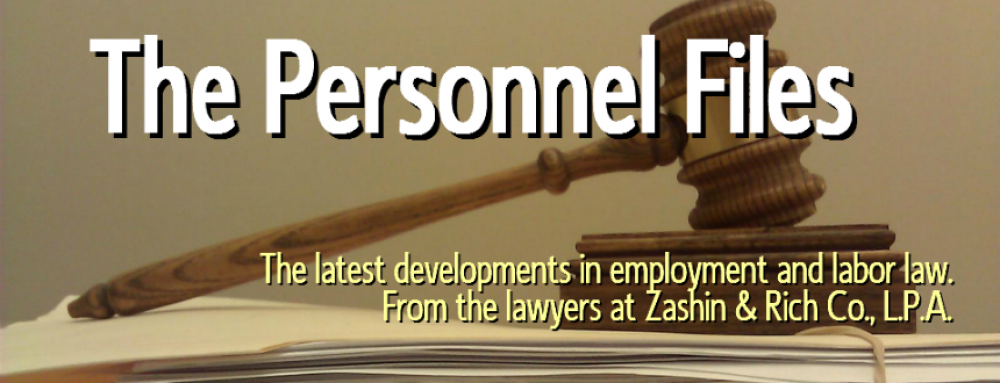An Ohio court of appeals has held that a company’s roster of clients was not a trade secret, and for this reason, it has thrown out a preliminary injunction against several former employees of a bookkeeping company who had been accused of misappropriating trade secrets and stealing some of those clients.
Really? A client list, not a trade secret?
It turns out that all lists of clients are not made equal. Some contain only a naked roster of company names. Others contain a myriad of details about clients that are clearly the fruits of years of interpersonal contacts: names of key contact persons, direct dial numbers, email addresses, names of kids, etc. It is these latter chestnuts that are the “value in a client list,” according to the Court:
The company typically has spent many hours of labor and interaction to develop the information reflected in [this type of] list, and disclosure to a competitor grants the competitor a tremendous advantage in not having to spend the time and money to develop that same information.
Unfortunately for the plaintiff in this case, its client list was of the former kind–just a list of company names. That’s it. According to the court, this raw list of client names had insufficient value to warrant any kind of trade secret protection.
There was also the additional problem that the company did little to keep even this bare list a secret:
- The company had “sponsored a social gathering for clients, spouses, and employees,” and in doing so, “made known to all present at least some of the names on its client list”
- The company “allowed the names of clients to be placed on the reception desk where the public had full access to them.”
- The company allowed some clients to “walk unescorted through the office where the names of other clients were displayed” in various locations.
- The company “allowed a tax consulting business in the same building to share client files and to have access to [company] computers. In that regard, the testimony indicated the office door was left open on some Saturdays in tax season, allowing persons to enter the offices where client names were displayed and to attempt access to the receptionist’s computer.” [Ed. note–wow].
Finally, there was no evidence that the particular former employees in question had taken any list at all. They testified instead that they simply “remembered the names of some of the clients.”
Add all this up, and the court concluded that the departing employees had not really taken anything (much less anything of value), and that whatever they did take with them in their brains, it was not entitled to trade secret protection. Trade secrets get protection only when they are, in fact, secrets, and when that secrecy has value. According to the Court, neither was the case here.
The case is Columbus Bookkeeping & Business Services, Inc. v. Ohio State Bookkeeping, LLC.
